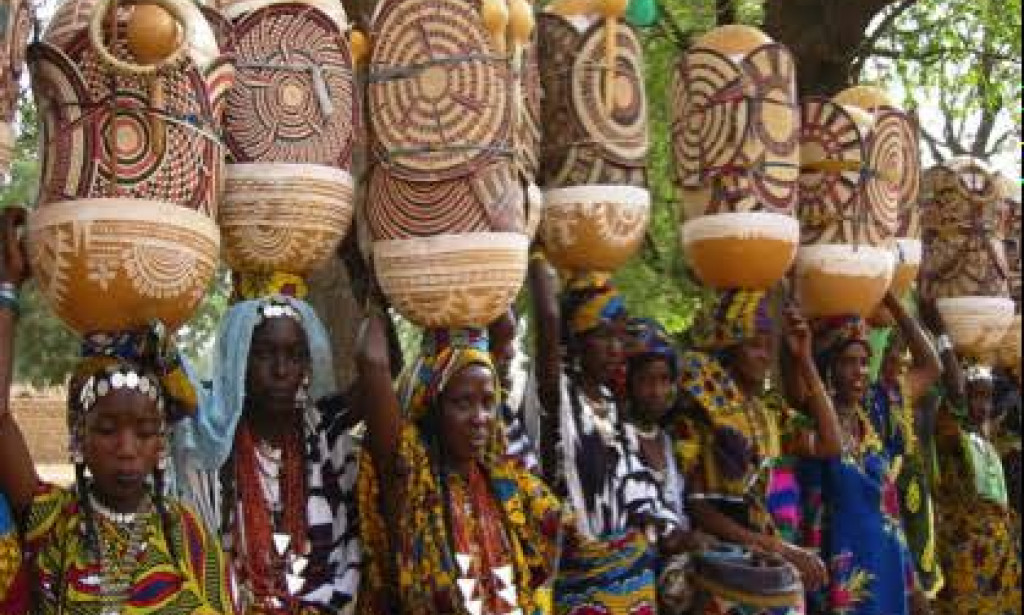In the heart of West Africa, Mali is a nation rich in culture and tradition. However, deeply entrenched practices like Female Genital Mutilation (FGM) pose significant challenges to the health and rights of women. FGM, often justified by cultural beliefs, affects nearly 90% of women in some regions of Mali. The procedure is not just a physical alteration; it carries profound psychological impacts and perpetuates gender inequality.
Despite these challenges, a movement is gaining momentum. Activists, healthcare professionals, and community leaders are banding together to raise awareness about the dangers of FGM. Organizations like Tostan are using innovative approaches to educate communities, highlighting the health risks associated with the practice and promoting the idea that women can thrive without it.
One of the most powerful tools in this fight is technology. Mobile apps and social media campaigns are being employed to spread information and connect women with resources. These platforms serve as vital channels for sharing personal stories, providing support, and fostering discussions that challenge traditional norms. As more women share their experiences, the stigma surrounding FGM begins to erode.
Moreover, education plays a crucial role in changing perceptions. Schools are increasingly incorporating lessons on human rights and gender equality into their curriculums. By empowering the younger generation, Mali is cultivating a future where women can advocate for their bodies and choices.
The journey toward eradicating FGM is complex and fraught with obstacles, but there is hope. As communities engage in dialogue, the desire for change becomes palpable. More families are choosing to abandon the practice, recognizing that the health and happiness of their daughters should come first.
In conclusion, the fight against FGM in Mali is not just about stopping a harmful practice; it's about reshaping a society. With the combined efforts of technology, education, and grassroots activism, the silence surrounding FGM is breaking. The voices of women are becoming louder, and change is on the horizon. Together, we can pave the way for a future free from FGM, where women are empowered to own their bodies and their destinies.


GOOD CONTENT
Good 😊
NICE
You must be logged in to post a comment.